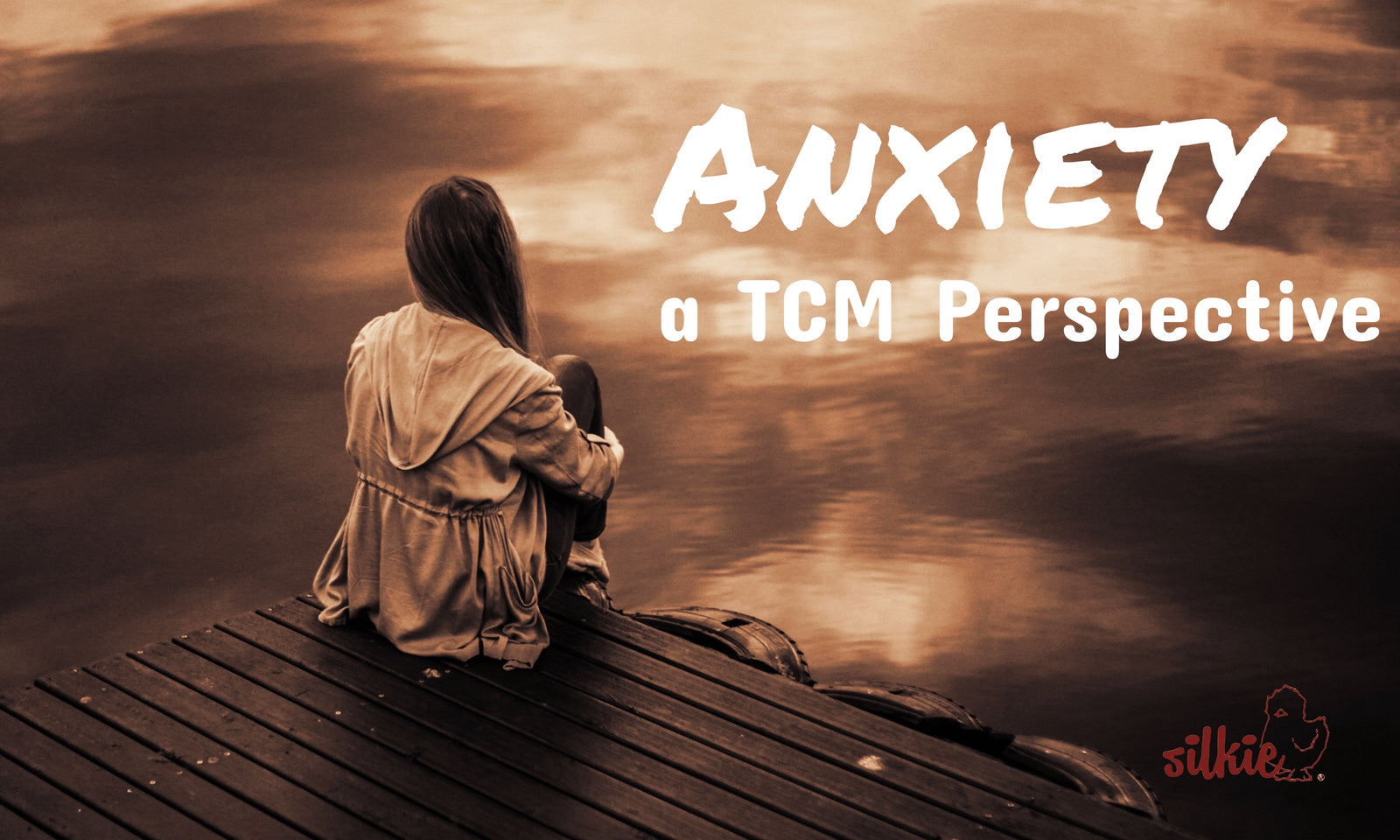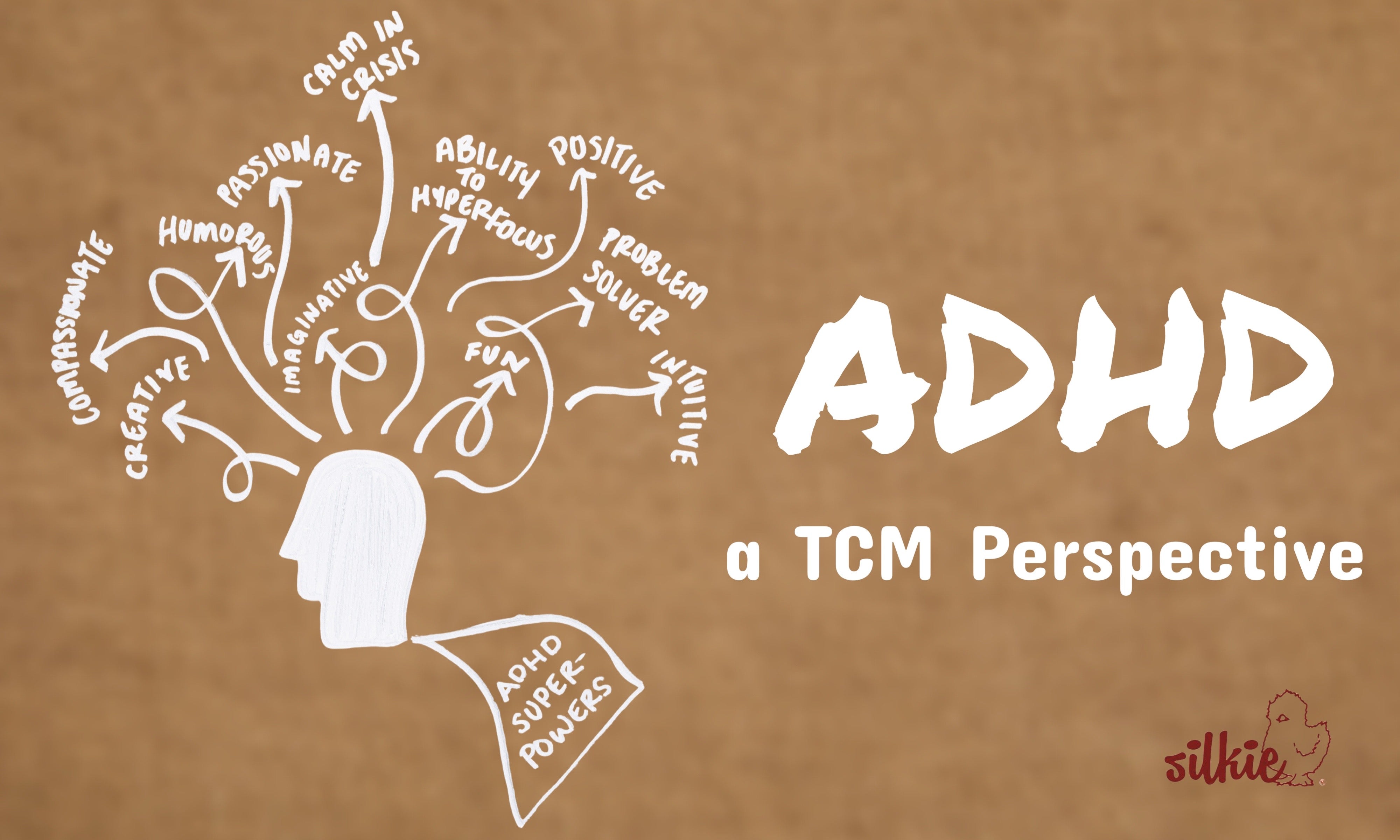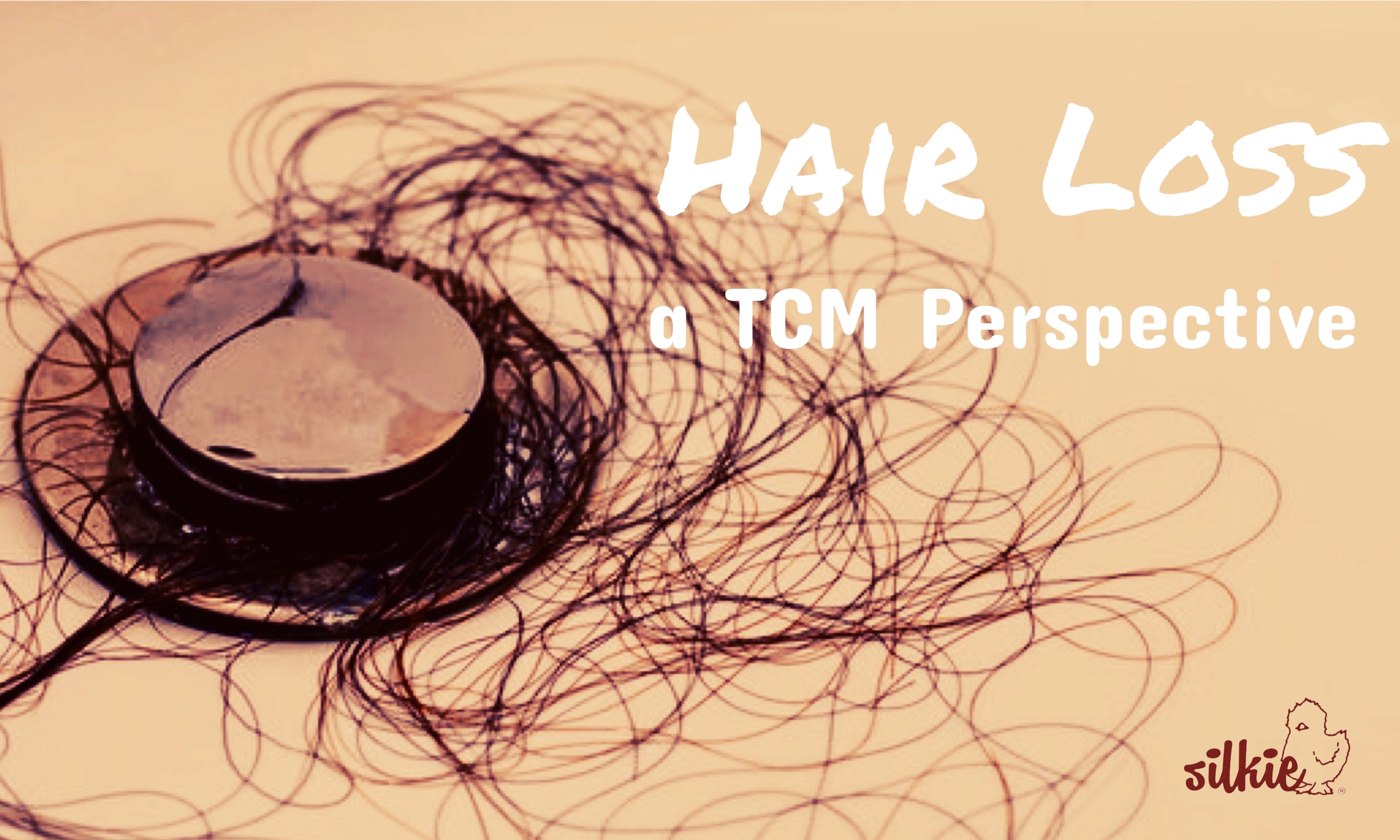Understanding Anxiety Disorders

By Ann Tam
Anxiety disorders are prevalent mental health conditions characterized by excessive, persistent worry and fear. These feelings can disrupt daily life, relationships, and overall well-being. With millions affected worldwide, understanding the different types of anxiety disorders and their underlying causes is crucial for effective management and treatment.
Common Types of Anxiety Disorders
Generalized Anxiety Disorder (GAD): GAD is marked by chronic and excessive worry about various aspects of life, including work, health, finances, and relationships. Physical symptoms often accompany this condition, such as restlessness, muscle tension, fatigue, and difficulty concentrating.
Panic Disorder: This disorder involves recurrent, unexpected panic attacks—sudden episodes of intense fear or discomfort. Symptoms can include heart palpitations, sweating, trembling, shortness of breath, and a feeling of impending doom.
Social Anxiety Disorder (Social Phobia): Social anxiety disorder entails an intense fear of social situations and scrutiny by others. Individuals with this disorder may fear judgment, embarrassment, or humiliation, leading to avoidance of social interactions and significant distress.
Specific Phobias: These involve an intense, irrational fear of specific objects, situations, or activities, such as heights, animals, needles, flying, and enclosed spaces. Avoidance behavior is a hallmark feature.
Obsessive-Compulsive Disorder (OCD): OCD is characterized by recurring intrusive thoughts (obsessions) and repetitive behaviors or mental acts (compulsions) performed to alleviate distress or prevent perceived harm. Common obsessions include fears of contamination, symmetry, or harm, while common compulsions include excessive cleaning, checking, or counting.
Post-Traumatic Stress Disorder (PTSD): PTSD can develop after experiencing or witnessing a traumatic event, such as combat, natural disasters, physical assault, or serious accidents. Symptoms include intrusive memories, flashbacks, nightmares, hypervigilance, avoidance of reminders, and negative changes in mood and cognition.
Western Medicine Perspective on Anxiety Disorders
From a Western medicine standpoint, anxiety disorders are seen as complex conditions involving a mix of biological, psychological, and environmental factors.
Biological Factors: Research indicates that genetics play a significant role in the development of anxiety disorders. Those with a family history of anxiety are more likely to experience it themselves. Abnormalities in brain chemistry and neurotransmitter imbalances, particularly involving serotonin, norepinephrine, and gamma-aminobutyric acid (GABA), are also implicated.
Psychological Factors: Personality traits, coping mechanisms, and learned behaviors contribute to anxiety disorders. Individuals with high neuroticism or low resilience may be more susceptible. Traumatic experiences, chronic stress, and negative life events can increase the risk.
Environmental Factors: Stressful life events, childhood experiences, and socio-cultural influences can trigger or exacerbate anxiety disorders. Growing up in chaotic or unstable environments, experiencing abuse or trauma, or facing significant life changes (such as moving, divorce, or job loss) can increase vulnerability.
Neurobiological Mechanisms: Anxiety disorders are associated with dysregulation of the brain's stress response system, particularly the hypothalamic-pituitary-adrenal (HPA) axis and the amygdala, which processes fear and threat-related stimuli. Chronic activation of these systems leads to heightened arousal and persistent anxiety symptoms.
Diagnostic Criteria and Assessment: Anxiety disorders are diagnosed based on specific criteria outlined in the Diagnostic and Statistical Manual of Mental Disorders (DSM-5). Healthcare professionals assess symptoms, duration, and impairment in functioning to determine an accurate diagnosis. Screening tools and standardized assessments may also aid in diagnosis and treatment planning.
Treatment Approaches: Treatment typically involves a combination of psychotherapy, medication, and lifestyle modifications. Cognitive-behavioral therapy (CBT), exposure therapy, and acceptance and commitment therapy (ACT) are common psychotherapeutic approaches. Medications such as selective serotonin reuptake inhibitors (SSRIs), serotonin-norepinephrine reuptake inhibitors (SNRIs), benzodiazepines, and other anxiolytic medications may be prescribed based on individual needs and preferences.
Traditional Chinese Medicine (TCM) Perspective on Anxiety Disorders
In Traditional Chinese Medicine (TCM), anxiety disorders are viewed through the lens of an imbalance in the body's Qi (vital energy) and disruptions in the harmonious interaction between the body, mind, and environment.
Imbalance of Qi and Disharmony: TCM considers anxiety disorders manifestations of imbalances in the flow of Qi throughout the body. When Qi becomes stagnant, deficient, or blocked, it can lead to disharmony, resulting in symptoms of anxiety and emotional distress.
Organ System Involvement: TCM attributes anxiety disorders to imbalances in specific organ systems, particularly the Heart, Liver, and Spleen. Each organ system is associated with certain emotions and functions, and disruptions in these systems can contribute to anxiety symptoms.
- Heart: Governs the mind and houses the Shen (spirit). Anxiety and restlessness are often linked to disturbances in the Heart system.
- Liver: Regulates the smooth flow of Qi and emotions. Stagnant Liver Qi can lead to irritability, frustration, and emotional upheaval, manifesting as anxiety.
- Spleen: Responsible for transforming food into Qi and Blood. Weakness or dysfunction of the Spleen can result in dampness and phlegm accumulation, leading to worry, overthinking, and rumination.
Blood and Essence Deficiency: TCM recognizes deficiencies in Blood and Essence (Kidney Jing) as underlying factors in anxiety disorders. Blood deficiency can manifest as palpitations, insomnia, and poor memory, while Essence deficiency may lead to feelings of weakness, fatigue, and mental fog.
Emotional Factors: TCM emphasizes the connection between emotional well-being and physical health. Chronic stress, emotional trauma, and unresolved emotional issues are believed to disrupt the flow of Qi and impact the balance of organ systems, contributing to anxiety disorders.
Treatment Approaches: TCM utilizes various modalities to address anxiety disorders and restore balance to the body and mind:
- Acupuncture: Involves the insertion of thin needles into specific points along meridians to stimulate Qi flow and promote balance. It can help alleviate anxiety by calming the mind, regulating emotions, and harmonizing organ function.
- Herbal Medicine: Chinese herbal formulas contain herbs with calming, nourishing, and Qi-regulating properties to address anxiety symptoms and support overall well-being.
- Dietary Therapy: Focuses on consuming foods that nourish the organs and promote balance. Reducing caffeine and sugar intake may support emotional stability and reduce anxiety.
- Mind-Body Practices: Practices such as Tai Chi, Qi Gong, and meditation help calm the mind, regulate emotions, and cultivate inner harmony.
- Lifestyle Recommendations: Stress management techniques, adequate rest, regular exercise, and supportive social relationships are essential for maintaining health and preventing imbalances.
Traditional Chinese Medicine Formulas vs. Current Herbalism
Traditional Chinese Medicine (TCM) has a rich history of herbal treatment, developed over thousands of years. Unlike Western herbalism's reliance on single herbs at high doses, TCM utilizes combinations of 4 to 10 herbs that work synergistically to address various body imbalances. This approach enhances positive effects and minimizes negative side effects. TCM formulas not only alleviate symptoms but also target the root cause of imbalances, allowing for reduced or discontinued herbal intake as health improves.
While the medical industry and research groups focus on isolating and extracting specific compounds from herbs, this approach may limit the benefits. Extracting herbs often involves solvents or high heat, degrading active compounds and introducing harmful residues. TCM emphasizes the use of whole herbs, where naturally occurring compounds complement each other, maximizing therapeutic effects.
Silkie’s Herbal Formulas
Silkie, a product of five generations of experience in Chinese Medicine, uses the highest quality herbs harvested at their peak potency. Our supplements are made with natural honey as a binder, avoiding fillers or artificial ingredients. This tradition honors our ancestors and ensures premium quality.
Herbal formulations take years to master, and potent formulas are often family secrets. With generations of crafting formulas to help the local community, we have refined our herbal blends for modern life. Silkie utilizes herbal formulations tailored to individual patterns of imbalance, consisting of herbs chosen for their synergistic effects in addressing symptoms and root causes.
Fresh Rehmannia Root (Sheng Di Huang)
- Nature and Flavor: Sheng Di Huang is a yin-tonifying herb with a cooling nature, described as bitter and sweet.
- Meridian Affinity: Affects the Heart, Liver, and Kidney meridians.
- Therapeutic Functions:
- Nourishes Yin and bodily fluids, alleviating dryness and restoring moisture.
- Clears heat and cools blood, reducing fever, irritability, and bleeding disorders.
- Enhances blood circulation, addressing symptoms like pale complexion, dizziness, and palpitations.
Poria with Wood Root (Fu Shen)
- Nature and Flavor: Fu Shen is sweet and neutral, tonifying the Spleen and nourishing the Heart.
- Meridian Affinity: Targets the Heart, Spleen, and Kidney meridians.
- Therapeutic Functions:
- Calms the spirit, relieving anxiety, insomnia, and palpitations.
- Tonifies the Spleen, promoting digestion and nutrient absorption.
- Promotes restful sleep and alleviates insomnia.
Dwarf Lilyturf Root (Mai Men Dong)
- Nature and Flavor: Mai Dong is sweet and slightly bitter, with a cooling nature.
- Meridian Affinity: Targets the Heart and Lung meridians.
- Therapeutic Functions:
- Nourishes Yin and moistens dryness, replenishing bodily fluids.
- Clears heat and resolves fire, alleviating fever, irritability, and dry throat.
- Calms the spirit, promoting relaxation and emotional stability.
Biota Tree Seed (Bai Zi Ren)
- Nature and Flavor: Bai Zi Ren is sweet and neutral, tonifying the Heart and calming the spirit.
- Meridian Affinity: Affects the Heart, Liver, and Large Intestine meridians.
- Therapeutic Functions:
- Calms the spirit and promotes restful sleep.
- Moistens the intestines, aiding in regular bowel movements.
- Nourishes blood and yin, addressing anxiety and palpitations.
Jujube Seed (Suan Zao Ren)
- Nature and Flavor: Suan Zao Ren is sweet and sour, with a neutral nature.
- Meridian Affinity: Affects the Heart, Liver, and Spleen meridians.
- Therapeutic Functions:
- Calms the spirit, promoting restful sleep and alleviating insomnia.
- Nourishes Heart blood and Yin, addressing anxiety, palpitations, and night sweats.
- Supports digestion and nutrient absorption.
Licorice Root (Gan Cao)
- Nature and Flavor: Gan Cao is sweet and neutral, harmonizing formulas and tonifying Qi.
- Meridian Affinity: Affects all 12 meridians, particularly the Heart, Lung, Spleen, and Stomach.
- Therapeutic Functions:
- Harmonizes the actions of other herbs in the formula.
- Tonifies the Spleen and augments Qi, supporting energy levels and digestion.
- Moistens the Lung and stops coughing, addressing respiratory symptoms.
Angelica Root (Dang Gui)
- Nature and Flavor: Dang Gui is sweet, spicy, and warm, nourishing blood and harmonizing formulas.
- Meridian Affinity: Affects the Liver, Heart, and Spleen meridians.
- Therapeutic Functions:
- Nourishes blood and promotes circulation, alleviating paleness, dizziness, and menstrual disorders.
- Regulates menstruation, addressing irregularities and pain.
- Calms the spirit, promoting emotional stability and reducing anxiety.
Silkie's Calm Formula is designed to address anxiety disorders from a TCM perspective, offering a natural and holistic approach to managing anxiety symptoms and restoring balance to the body and mind.




